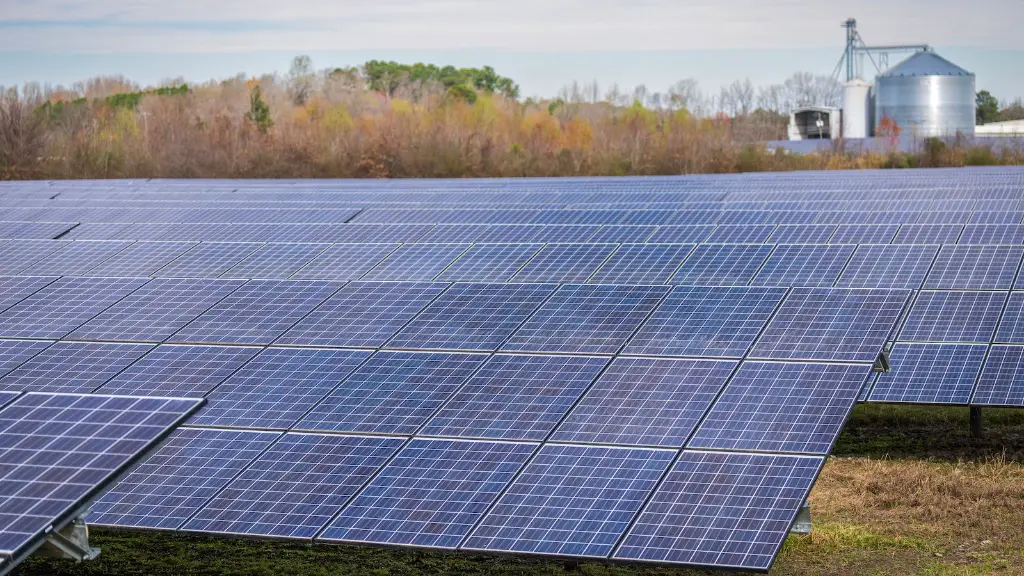Global warming is a complex and multifaceted phenomenon with potentially far-reaching consequences for virtually all living things. Its effects are being felt all over the world, and are likely to become more pronounced over time, making it a pressing and important issue to be addressed. This article offers a detailed look at how global warming affects living things, including the positive and negative impacts, and what can be done to mitigate the effects of climate change.
At its core, global warming is caused by specific greenhouse gases entering the atmosphere and trapping energy from the sun. This energy warms the planet, and as temperatures rise, so too does the ocean level, resulting in increased flooding and the potential for more frequent and extreme weather events. The impact of these processes on living things can be divided into two key categories.
On the one hand, there are immediate and direct consequences for organisms due to rising temperatures and changes in their environments. Notably, global warming is likely to alter ecosystem structure, forcing species to move to more suitable habitats or even becoming extinct in the process. This can be especially pronounced in small, isolated ecosystems that do not have sufficient resources to cope with the change. At the same time, plants, animals and other organisms are likely to experience increased stress due to higher temperatures.
On the other hand, the long-term consequences of global warming can be even more dramatic. For example, some species of plants and animals may become extinct due to the ongoing process of climate change. Other species may be able to adapt to the new environment by changing their behavior or moving to new habitats, but this process is slow and often cannot keep up with the rapid rate of global warming. Additionally, shifts in ecosystem structure may have a domino effect, resulting in the breakdown of entire networks of interdependent species.
However, reversing the effects of global warming on living things is still possible. Key steps for managing climate change include reducing emissions of greenhouse gases, protecting ecosystems, and promoting sustainable development practices. Additionally, increased scientific research can help provide insight into the effects of climate change on the environment and help develop responsive strategies. Finally, educating people about the risks of global warming can help raise awareness and encourage them to play a role in mitigating the effects of climate change.
In conclusion, global warming has both direct and long-term effects on living things, resulting in changes to ecosystems and the potential for extinctions. While the consequences of climate change can be dire, it is still possible to mitigate its effects by taking action and raising awareness. This can help ensure that humans and other creatures can continue to live in a healthy and balanced environment.

